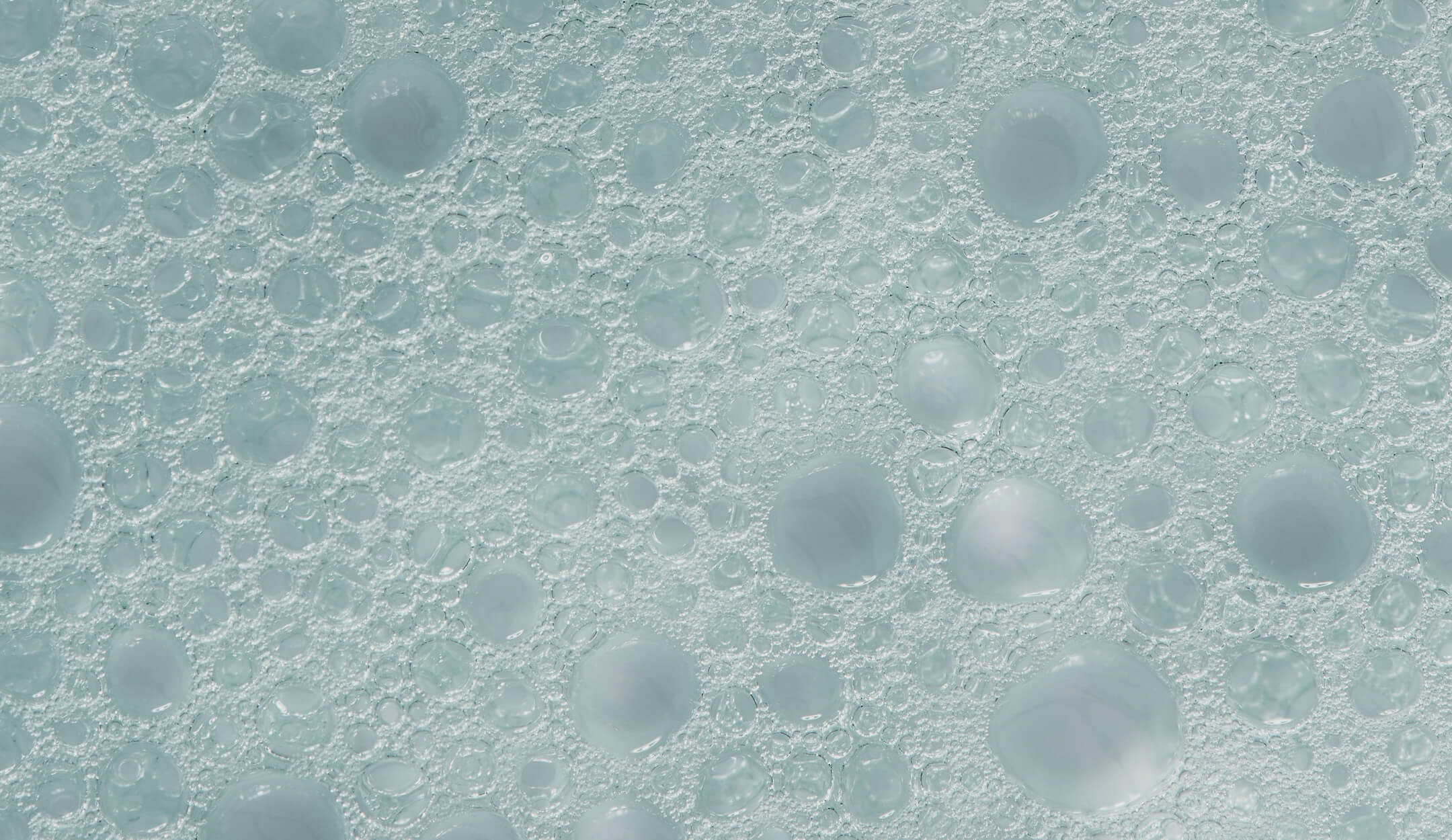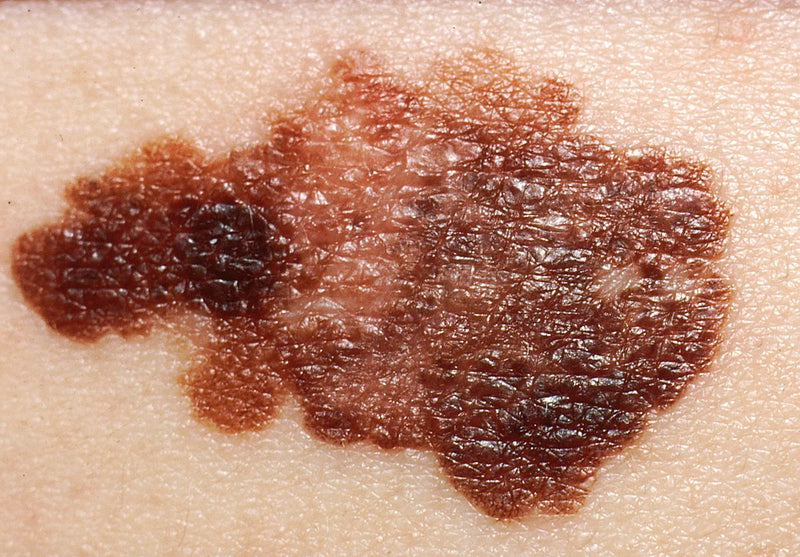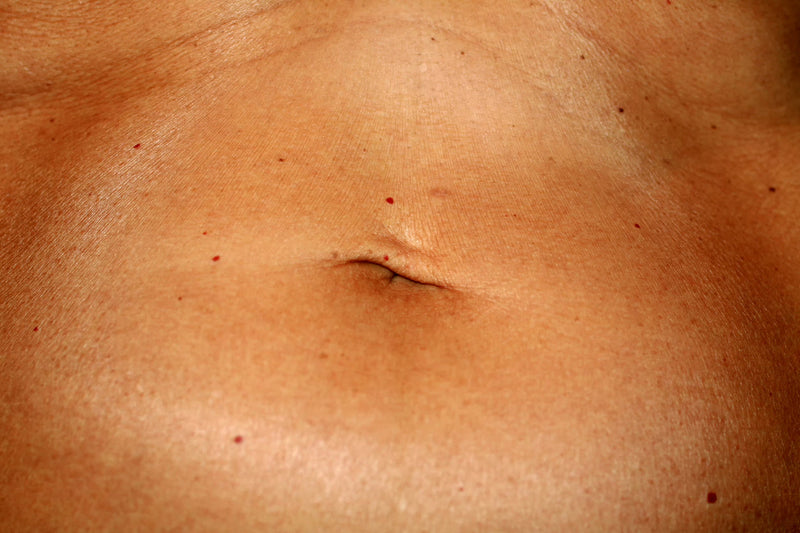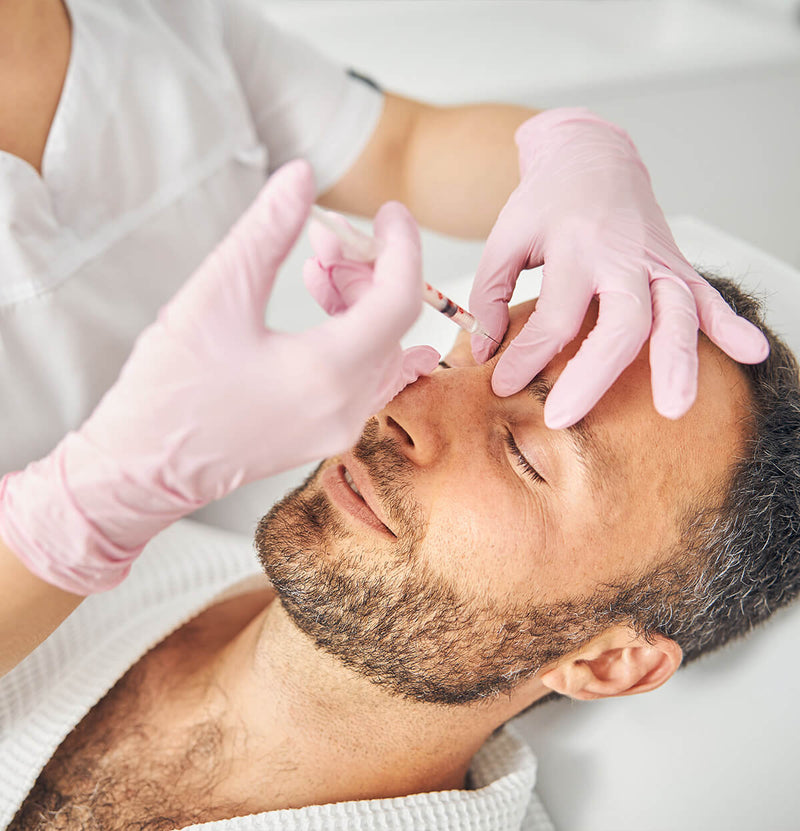What causes pores to appear large?
Pores are a natural part of the skin's structure, comprising the opening to the skin, oil glands, and collagen surrounding them. The main factors that can make your pores look large are:
- Collagen damage that causes your pores to "open" up
- Overproduction of sebum (oil) that fill up your pores
- Overgrowth of dead skin cells

How to Minimize Their Appearance:
Unfortunately, you cannot "shrink" or eliminate your pores with skincare products. There are some tactics you can employ that will minimize their appearance make them look less obvious.
- Deep Cleaning: Begin with thorough cleansing to remove oil, dead skin cells, and impurities. Salicylic acid-based cleansers are effective as they penetrate pores and unclog them. Occasional facials by a professional can provide deep cleansing.
- Controlling Oil Production: Use products containing retinoids, niacinamide, green tea, and l-carnitine to regulate oil production. Retinoids, in particular, have shown efficacy in controlling oil secretion.
- Oil Absorption: Look for products with ingredients like perlite or silica to absorb excess oil throughout the day, especially if you have oily skin.
- Exfoliation: Incorporate exfoliants such as retinoids and salicylic acid to promote cell turnover and prevent the buildup of dead skin cells, which can make pores appear larger.
- Strengthening Collagen: Focus on ingredients that promote collagen production, such as retinoids and glycolic acid. These help tighten the skin's structure, making pores less noticeable.
- Sun Protection: Protecting the skin from UV damage is essential to preserving collagen and preventing further pore enlargement. Use a broad-spectrum sunscreen daily, especially when using treatments like retinoids that can increase sun sensitivity
Options at your Dermatologist:
For more significant results, consider in-office procedures like micro-needling or laser resurfacing. These treatments induce micro-trauma to the skin, triggering collagen production and reducing pore size. Isotretinoin (commonly known as Accutane) is an oral medication prescribed for severe acne that can also reduce oil gland size and slow pore enlargement. However, it comes with potential side effects and should be used under medical supervision.
Recommended Skincare Routine:
- Cleanse with a salicylic acid-based cleanser twice daily.
- Use a green tea toner to regulate oil production.
- Incorporate niacinamide serum once daily.
- Apply a retinol treatment at night to promote cell turnover.
- Moisturize with a gel-based moisturizer to maintain hydration without adding excess oil.
Consider All-in-One Solutions:
Look for products that combine multiple active ingredients, like retinol, salicylic acid, niacinamide, and green tea, in one formula. While potent, these products may require gradual introduction to avoid irritation. Our Remedy for Pore Size incorporates all of these ingredients into one product.








